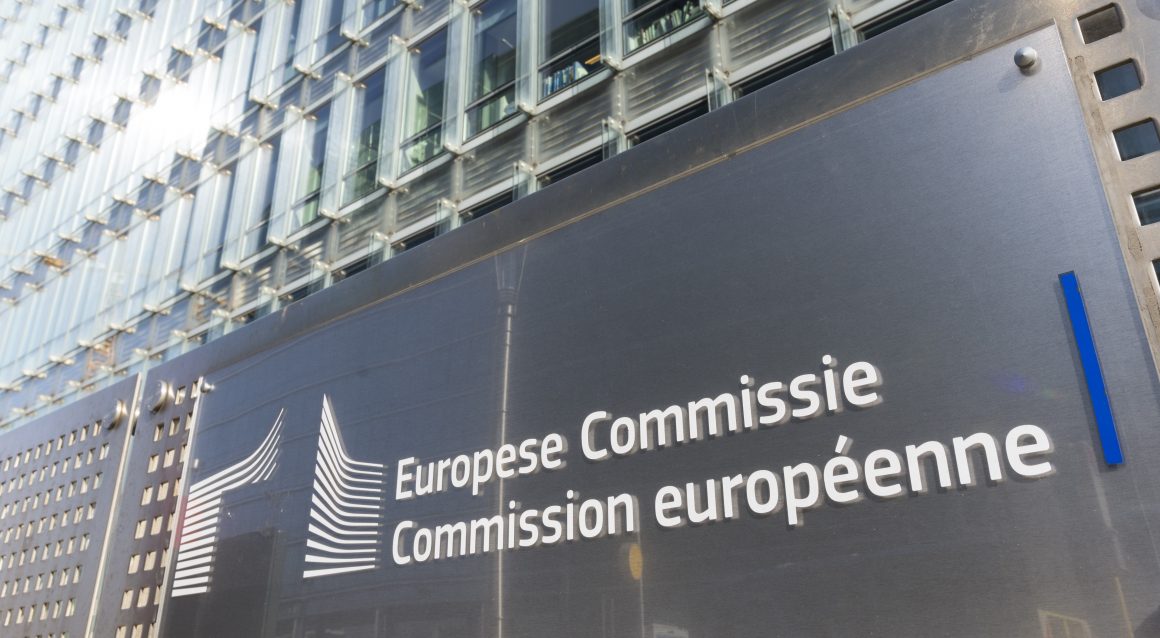Late last year, the President of the European Commission released its framework for a European Green Deal, a strategy that aims to grow the region’s economy while achieving net-zero emissions by 2050. While the idea was conceived long before the COVID-19 pandemic, its importance has been reemphasized as the world collectively works to dig itself out of the economic crisis born from the virus.
After months of negotiations, European leaders convened in Brussels last week to approve an economic recovery package that includes the largest climate change plan in history. Almost a third of the €1.8 trillion plan – €500 billion euros – will be allocated to energy efficiency, renewable energy deployment, efficient transportation, and other clean energy measures. The European Commission currently targets a 40% emissions reduction by 2030, but the new legislation may push the Commission to strengthen its target to 55% by the end of the decade.
The package will fund decarbonization of the power sector, energy efficiency, and smart infrastructure, among other measures. The European Commission recommends that the EU’s 27 member states ramp up retrofits of public and private buildings to reduce energy poverty and keep up with energy efficiency goals. Other provisions include initiatives to convene stakeholders in the building sector and to devise innovative financing plans for energy service companies and housing associations.

